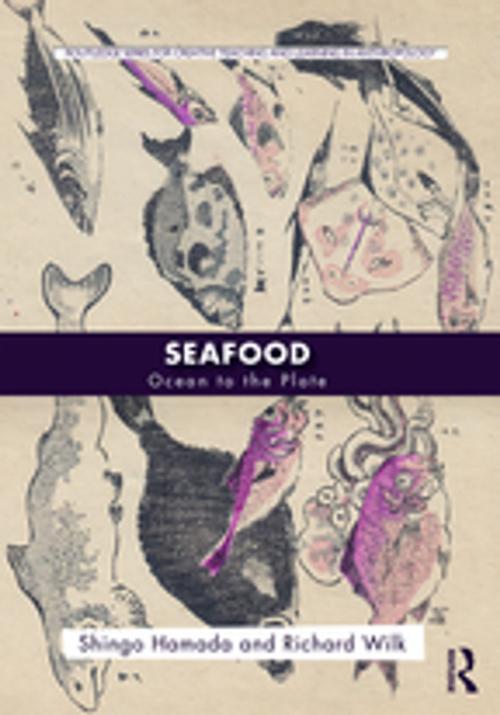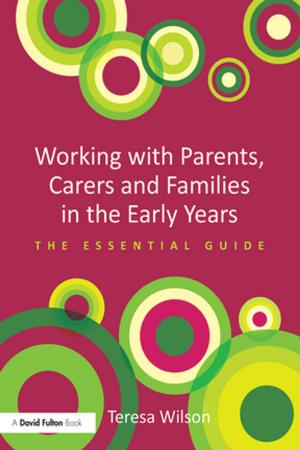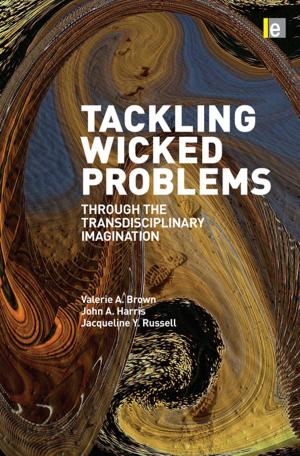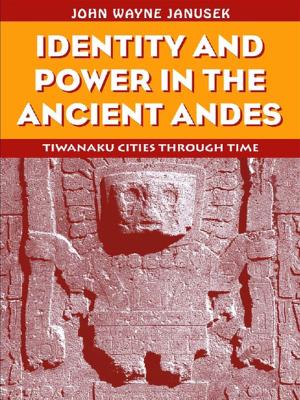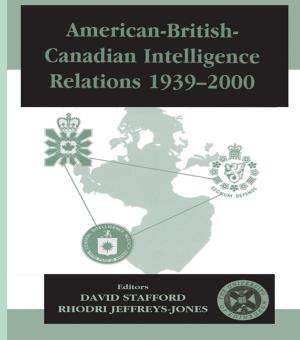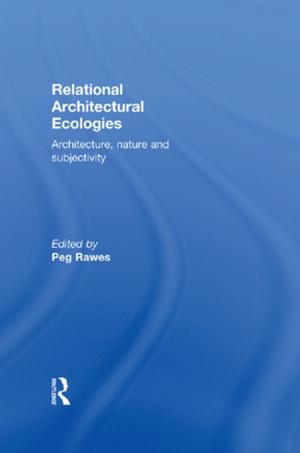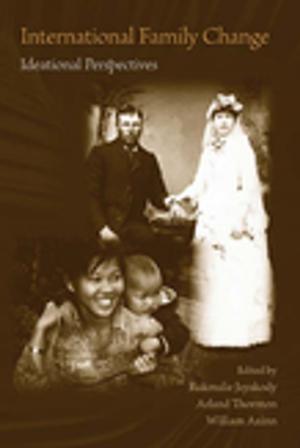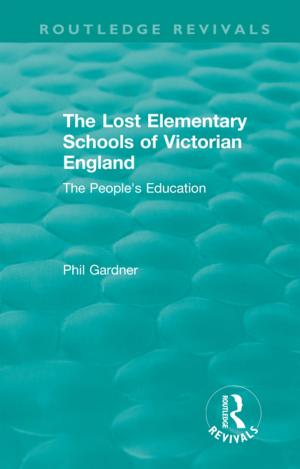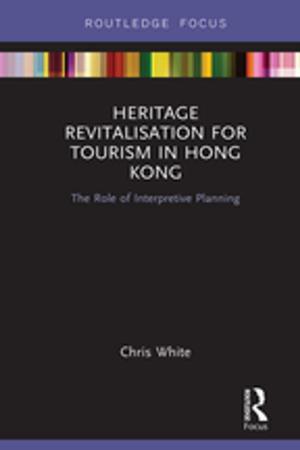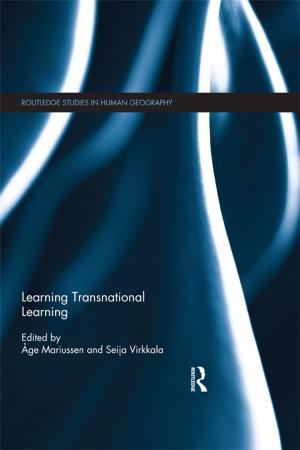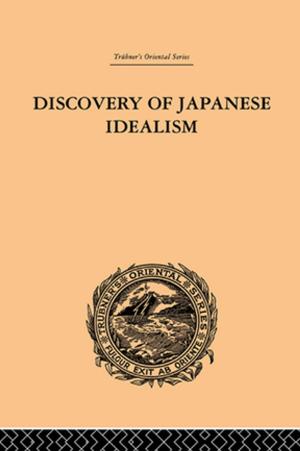| Author: | Shingo Hamada, Richard Wilk | ISBN: | 9781317276456 |
| Publisher: | Taylor and Francis | Publication: | September 3, 2018 |
| Imprint: | Routledge | Language: | English |
| Author: | Shingo Hamada, Richard Wilk |
| ISBN: | 9781317276456 |
| Publisher: | Taylor and Francis |
| Publication: | September 3, 2018 |
| Imprint: | Routledge |
| Language: | English |
Seafood draws on controversial themes in the interdisciplinary field of food studies, with case studies from different eras and geographic regions. Using familiar commodities, this accessible book will help students understand cutting-edge issues in sustainability and ask readers to think about the future of an industry that has lain waste to its own resources. Examining the practical aspects of fisheries and seafood leads the reader through discussions of the core elements of anthropological method and theory, and the book concludes with discussions of sustainable seafood and current efforts to save what is left of marine ecosystems. Students will be encouraged to think about their own seafood consumption through project assignments that challenge them to trace the commodity chains of the seafood on their own plates.
Seafood is an ideal book for courses on food and culture, economic anthropology, and the environment.
Seafood draws on controversial themes in the interdisciplinary field of food studies, with case studies from different eras and geographic regions. Using familiar commodities, this accessible book will help students understand cutting-edge issues in sustainability and ask readers to think about the future of an industry that has lain waste to its own resources. Examining the practical aspects of fisheries and seafood leads the reader through discussions of the core elements of anthropological method and theory, and the book concludes with discussions of sustainable seafood and current efforts to save what is left of marine ecosystems. Students will be encouraged to think about their own seafood consumption through project assignments that challenge them to trace the commodity chains of the seafood on their own plates.
Seafood is an ideal book for courses on food and culture, economic anthropology, and the environment.
